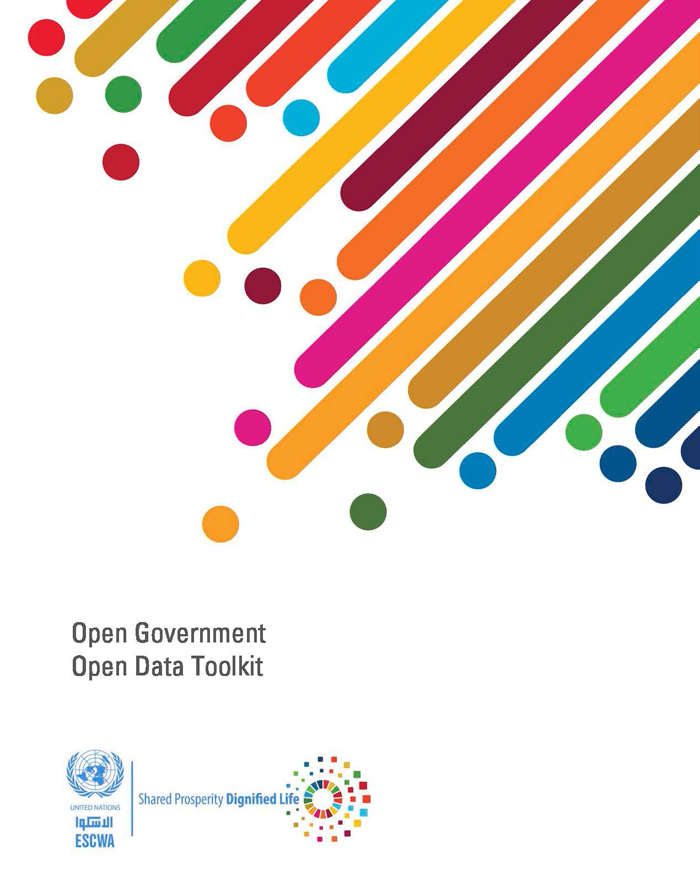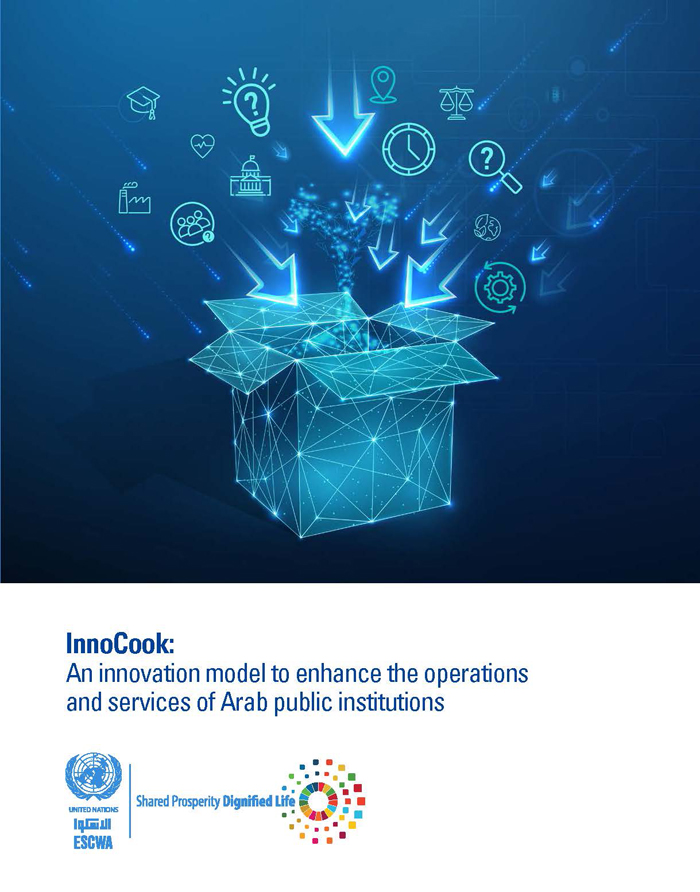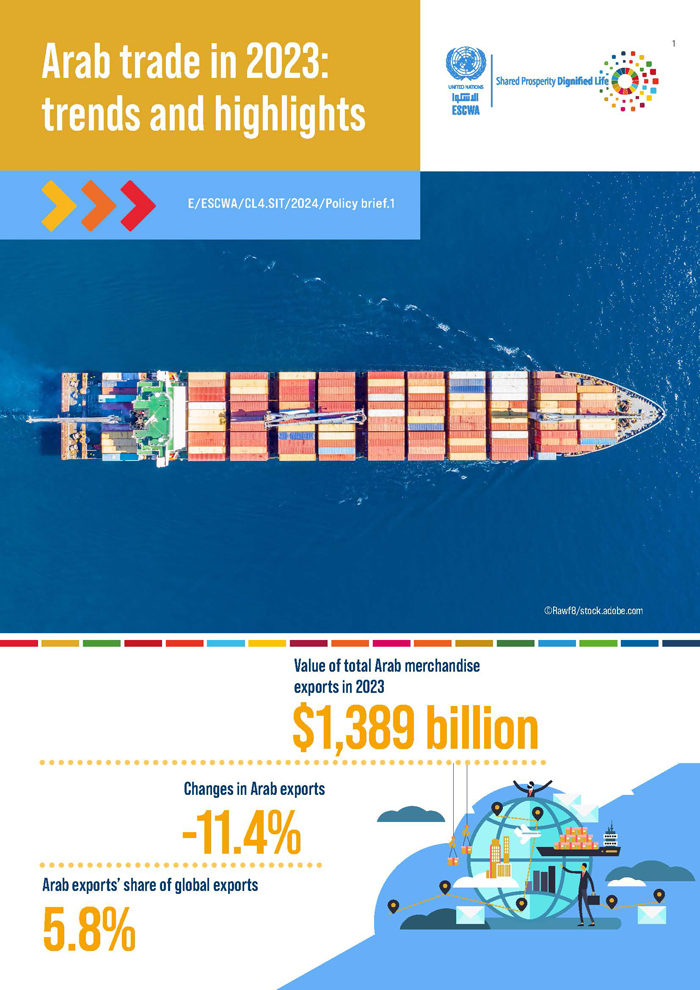
ESCWA Publication: E/ESCWA/CL4.SIT/2021/MANUAL.2
Country: Arab region
Publication Type: Training material
Cluster: Statistics, Information Society and Technology, 2030 Agenda and SDG Coordination
Focus Area: 2030 Agenda
Initiatives: Governance and institution building, Development challenges
SDGs: Agenda 2030
Keywords: Access to information, Arab countries, Developing countries, Digital technology, Government information, Government policy, Information technology, Capacity building, Innovations, Open systems, E-government
Open Government: Open data toolkit
April 2021
The open data toolkit is a brief guide for initiating, planning, implementing, and evaluating open data programmes in the Arab region. It includes five sections, covering planning and management, making and updating inventories and catalogues, developing platforms, evaluating, and ensuring open data quality. The proposed steps are fortified with examples from existing open data initiatives that help clarify the process based national experiences of developed and developing countries, including Arab countries. Planning open data programmes depends on the context in each country, city or organization, and includes developing a strategy and policy, publishing open datasets and maintaining a standard practice in line with the programme objectives. The programme involves making data inventories and catalogues of datasets, classifying data based on legal, security and privacy aspects, and publishing open data using specific formats.
Open data platforms provide online downloads, data portals, and the application programming interfaces, and include key features and solutions for publishing and managing open data, with some supporting Arabic language. Evaluation and quality assurance are essential for open data programmes. Evaluation covers readiness, publishing and potential impact, and identifies gaps and an action plan; and quality assurance relies on legal, practical, technical, social and quality criteria.
Related content
2030 Agenda
,
The open data toolkit is a brief guide for initiating, planning, implementing, and evaluating open data programmes in the Arab region. It includes five sections, covering planning and management, making and updating inventories and catalogues, developing platforms, evaluating, and ensuring open data quality. The proposed steps are fortified with examples from existing open data initiatives that help clarify the process based national experiences of developed and developing countries, including Arab countries. Planning open data programmes depends on the context in each country, city or organization, and includes developing a strategy and policy, publishing open datasets and maintaining a standard practice in line with the programme objectives. The programme involves making data inventories and catalogues of datasets, classifying data based on legal, security and privacy aspects, and publishing open data using specific formats.
Open data platforms provide online downloads, data portals, and the application programming interfaces, and include key features and solutions for publishing and managing open data, with some supporting Arabic language. Evaluation and quality assurance are essential for open data programmes. Evaluation covers readiness, publishing and potential impact, and identifies gaps and an action plan; and quality assurance relies on legal, practical, technical, social and quality criteria.


